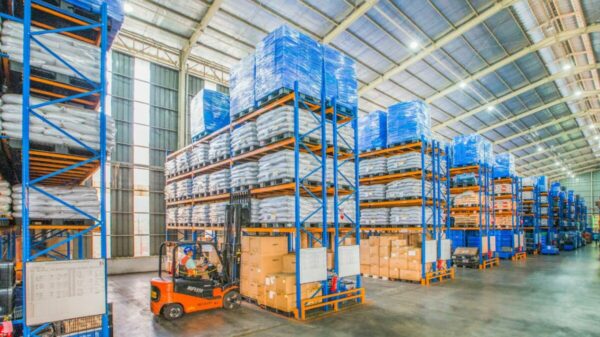Majid Al Futtaim, one of the UAE’s largest retailers, launched the ‘MENAP Economic Integration Barometer’ at Davos which aims to track economic progress of countries in the Mena region and Pakistan. The barometer also measures the MENAP region’s interconnectedness with other world markets.
Ahmed Galal Ismail — who was recently appointed Majid Al Futtaim’s CEO — is expected to speak at a session during the ongoing forum in Switzerland. He will discuss economic integration, selective deregulation, the sharing of data, and how the free movement of goods and services could catalyse inter- and intraregional trade across the region.
The Barometer will provide stakeholders with tools to help standardise the interpretation and definition of economic integration. A major insight from developing the Barometer was the scarcity of data available and inconsistency in which the different metrics are measured.
Ahmed Galal Ismail, Chief Executive Officer at Majid Al Futtaim – Holding, said: “Since publishing our inaugural report into the impact greater economic integration could afford the MENAP region, we have seen a number of impressive and important steps taken to foster improved intra-regional prosperity. Whilst extremely encouraging, these efforts have also highlighted the development disparity across the MENAP region. We recognise that now, more than ever in this age of geopolitical instability, economic uncertainty, and climate crisis, that our success hinges on our collective efforts to champion improved economic integration across our region.”
“The MENAP Economic Integration Barometer presents a baseline from which to assess our progress, providing transparent and systematic tracking to trigger dialogue and initiate action. Our aspiration is to publish an updated barometer, coinciding each year with the World Economic Forum, and engage with key stakeholders at Davos on the results and the key imperatives to drive incremental progress” Mr. Ismail added.
The barometer was developed by Majid Al Futtaim in tandem with the World Economic Forum and McKinsey & Company. The statement added that the barometer is “capable of providing real-world insights that demonstrate where the region stands today, how it is evolving and where progress will take it, all based on real-world metrics. Furthermore, with the support of the regional and global community, a repository of clean, granular and consistent data can now be collected, which will allow the MENAP Economic Integration Barometer to evolve over time to play that role.”
The ‘MENAP Economic Integration Barometer’ highlighted some key statistics:
- Intraregional exports account for only 2.9 per cent of total MENAP GDP. This compares to a global average of 7.9 per cent and 22 per cent across the EU, Norway, Switzerland, and the UK.
- 22 per cent of MENAPs trade to the world stems from fossil fuels, with an additional 7 per cent from metals and chemicals.
- The lack of integration is not confined to physical goods. The intraregional flow of intellectual property is just 1.4 per cent compared to 62 per cent in the EU, Norway, Switzerland, and the UK with much of the latter being driven by pharmaceutical developments, bio-tech ideation, and aerospace innovation.
- MENAP countries have lower investments in each other relative to other regions. However, this is not uniform across countries in MENAP as Dubai has been ranked the world’s top destination for FDI for two consecutive years.
- The MENAP region performs slightly better than the rest of the world on unemployment numbers, with only 7.4 per cent compared to the global average of 7.6 per cent. However, the barometer also raises concerns about migratory trends in the region. In 2019, nearly 15 million people migrated intra-regionally in MENAP, with approximately 50 per cent per cent of all professionals who moved, leaving the region completely. This compares to only 0.5 per cent of the total population leaving North America in 2021, compared to MENAPs two per cent. One can assume that sufficient working, studying, and living opportunities are the key drivers.
Majid Al Futtaim had previously released two similar reports on the MENAP region in 2020 and 2022 with the latter being launched at the May 2022 World Economic Forum Annual Meeting.













